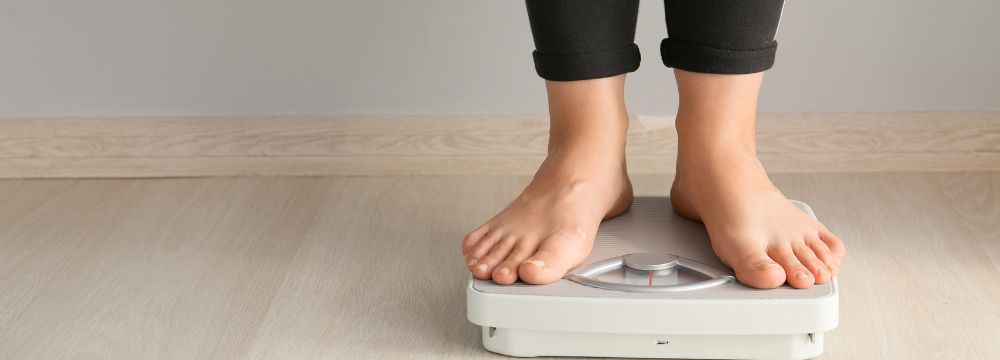
The gastric sleeve is the most popular bariatric operation in the United States, a status it has maintained for over a decade. Its popularity stems from being a practical procedure that combines mechanical restriction with hormonal changes, helping patients lose an average of 60-70% of their excess body weight. Particularly focused and dedicated patients may even lose up to 100% of their excess weight.
However, while the gastric sleeve is a straightforward procedure, it remains a delicate operation. A well-formed sleeve can be the difference between excellent long-term weight loss and possible complications.
One of the most common concerns that sleeve patients experience is the development of new or worsening reflux after the procedure. This is often due to a poorly formed gastric pouch, a condition that Dr. Ringold at SAMPA has been at the forefront of researching. Indeed, his latest research has shown the new single-cut sleeve technology known as the Titan stapler can significantly reduce the risk of reflux. (Learn more about the Titan stapler here.)
To that end, whether your gastric sleeve requires a revision or a conversion will depend on a personalized assessment with your surgeon.
Revision of a Gastric Sleeve
A gastric sleeve revision is usually recommended when the original sleeve isn’t small enough. Typically, about 25% of the stomach remains after a sleeve procedure.
However, despite its popularity, there is no universally accepted guideline for performing the sleeve, leading to variability in results between surgeons. If the sleeve was not sufficiently reduced during the initial procedure, has stretched over time due to patient noncompliance, or has an irregular staple line, a revision may be indicated. A revision removes additional stomach tissue to enhance the sleeve’s restrictive effect.
Patients more than two years out from surgery may begin to lose some of the hormonal benefits of the original sleeve. While the stomach’s fundus does not return or regrow, ghrelin, the hunger hormone, can start being produced in the small intestine, leading to renewed hunger pangs.
Conversion of a Gastric Sleeve
Far more often, bariatric surgeons convert a gastric sleeve to another procedure. The most common reason for this is gastroesophageal reflux disease (GERD). By reducing the stomach to a smaller pouch, the sleeve increases pressure in an otherwise low-pressure system, which can worsen or trigger reflux. This is one of the reasons why we tend to steer patients toward a gastric bypass if they have severe reflux as one of their initial comorbidities. Gastric bypass surgery is very effective at restoring reflux.
A gastric sleeve can be converted into a gastric bypass by trimming more of the stomach and rerouting part of the small intestine. Conversion to a Duodenal Switch or SADI is also an option, as the gastric sleeve is the first part of each of these procedures.
Risk and Considerations of Gastric Sleeve Conversion
The first and most crucial consideration when converting a gastric sleeve is recognizing that any conversion is a major operation – and with that comes additional risks beyond those of the primary procedure. An experienced bariatric surgeon can mitigate many of these risks, but we don’t move forward with a conversion or revision without first addressing other key factors. This includes evaluating dietary and exercise habits to identify areas for improvement. In some cases, a GLP-1 receptor agonist regimen can also be used to reduce hunger and kickstart a new round of weight loss.
When other options have been exhausted, patients may be recommended for a revision, which insurance may cover on a case-by-case basis.
Ultimately, a consultation with your bariatric surgeon will determine the most appropriate approach to converting or revising a gastric sleeve. Keep in mind, many of the same challenges you faced after your primary surgery can arise again. A conversion is not a simple procedure, so it’s important to work closely with your surgeon on lifestyle and behavioral improvements to maximize the success of your secondary surgery.
If you’re experiencing reflux, weight regain, or other challenges after a gastric sleeve, our expert team at SAMPA can help determine whether a revision or conversion is right for you. Schedule a personalized consultation today and explore the safest and most effective path to achieving your weight-loss goals.








